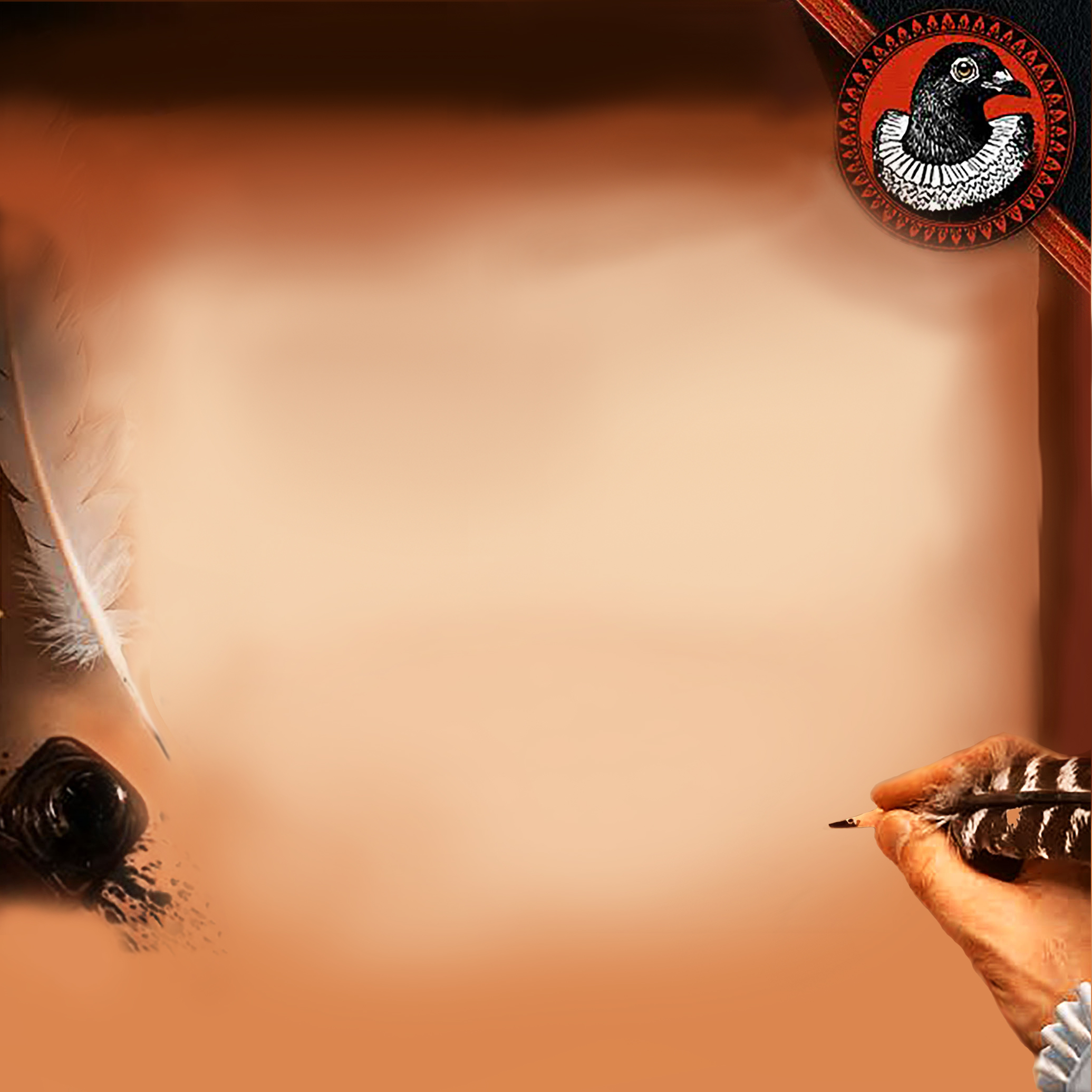Hamlet deserves to keep better company, but seeing as Jeffrey Epstein’s death was ruled a suicide, and Hamlet has given the most famous speech in the language contemplating suicide, we have to wonder what the two of them might talk about in the afterlife:
Hamlet: I’d prefer not to keep company with a man credibly accused of serial sex crimes with children. Honor was central to my life. After all, I said this:
“Rightly to be great
Is not to stir without great argument,
But greatly to find quarrel in a straw
When honor’s at the stake.”
Epstein: Good stuff. Not my cup of tea though. I hobnobbed with the great and powerful, and word has it that after supplying them with underage partners, I blackmailed them. Nice work if you can get it.
Hamlet: And yet here you stand, dishonored and dead, having taken your own life. You really weren’t facing what I was facing, though, when I contemplated doing the same:
“To be, or not to be, that is the question:
Whether ’tis nobler in the mind to suffer
The slings and arrows of outrageous fortune,
Or to take arms against a sea of troubles
And by opposing end them.”
I had a sea of troubles. My dead father told me my uncle, now king, killed him, and the only way to exact revenge was to kill the king, which not even a prince may do. And how to show his guilt to Denmark, in order to preserve my own honor?
Epstein: Not my circus, not my monkeys.
“To die—to sleep,
No more; and by a sleep to say we end
The heart-ache and the thousand natural shocks
That flesh is heir to: ’tis a consummation
Devoutly to be wish’d.”
Hamlet: I suppose Mr. Epstein, that your feelings were running along those lines.
Epstein: Well, actually…
Hamlet: Let’s look at more of the speech. It really is good. When you’re under stress, sometimes the best stuff comes out:
“To die, to sleep;
To sleep, perchance to dream—ay, there’s the rub:
For in that sleep of death what dreams may come,
When we have shuffled off this mortal coil,
Must give us pause—there’s the respect
That makes calamity of so long life.”
The mortal coil means your body. I understand yours was wrapped in a bedsheet, or at least your neck was. You must have been desperate.
Epstein: Well, actually, Mr. Hamlet…
Hamlet: Let’s go on:
“For who would bear the whips and scorns of time,
Th’oppressor’s wrong, the proud man’s contumely,
The pangs of dispriz’d love, the law’s delay,
The insolence of office, and the spurns
That patient merit of th’unworthy takes,
When he himself might his quietus make
With a bare bodkin?”
A bodkin is a knife, but you didn’t have one available in the prison cell.
Epstein: No, but that’s not really the point…
Hamlet: A fardel is a bundle, but I use it here to mean a burden. And, you know, “Who would fardels bear” is just the old-style word order. Today it would be “Who would bear fardels.” Also bourn means journey, or journey there. Listen:
“Who would fardels bear,
To grunt and sweat under a weary life,
But that the dread of something after death,
The undiscovere’d country, from whose bourn
No traveller returns, puzzles the will,
And makes us rather bear those ills we have
Than fly to others that we know not of?”
Well. you’re in the undiscovered country now, Epstein.
Epstein: I preferred my undiscovered island.
Hamlet: You harmed so many people.
Epstein: You drove Ophelia to death, caused the death of Rosencrantz and Guildenstern, and killed Polonius, Claudius, and Laertes outright.
Hamlet: They were all fictional characters. I don’t deserve to be stuck in a conversation with you.
“Thus conscience does make cowards of us all,
And thus the native hue of resolution
Is sicklied o’er with the pale cast of thought,
And enterprises of great pitch and moment
With this regard their currents turn awry
And lose the name of action.”
By conscience I meant consciousness, though I can’t prove it from my current address. My enterprise of great pitch and moment was supposed to be the wise governance of Denmark. Your enterprise was something evil and vile. No wonder your conscience, and consciousness, caught up with you, and you decided…
Epstein: No, they didn’t catch up with me, and as I’ve been trying to say, I didn’t kill myself.
